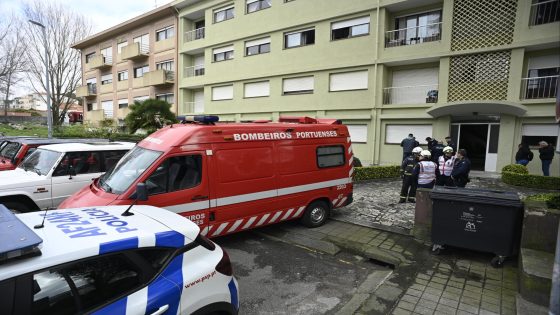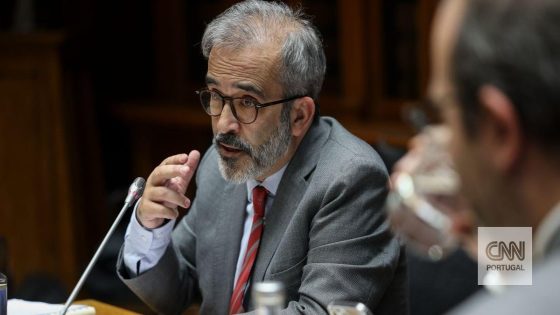On February 26, 2025, two top executives from PT Pertamina Patra Niaga were named suspects in a major corruption case involving crude oil management. Maya Kusmaya and Edward Corne face serious allegations related to mismanagement within the company. How will this impact Indonesia’s oil sector?
- Two Pertamina Patra Niaga executives charged
- Maya Kusmaya and Edward Corne are suspects
- Investigation revealed sufficient evidence
- Total state losses estimated at Rp193.7 trillion
- Previous seven suspects included Pertamina employees
- Forced summons conducted by investigators
Corruption Charges Against Pertamina Executives Raise Concerns for Indonesia’s Oil Industry
What does this mean for the future of oil management in Indonesia? The corruption case against Maya Kusmaya and Edward Corne has sparked widespread attention. With allegations of mismanagement leading to a staggering loss of Rp193.7 trillion, the implications are severe. This situation not only affects the executives but also raises questions about the overall governance of Indonesia’s oil sector.
Details of the Corruption Case Involving Pertamina Executives
The investigation revealed that Maya and Edward failed to appear for questioning, prompting authorities to forcibly bring them in for interrogation. During this process, substantial evidence emerged, leading to their designation as suspects. This case is part of a larger investigation involving seven other individuals, including both Pertamina employees and private sector associates.
Key Players in the Pertamina Corruption Case
Several individuals are implicated in this scandal, highlighting a network of corruption:
- Maya Kusmaya – Director of Marketing at Pertamina Patra Niaga
- Edward Corne – VP of Trading Operations at Pertamina Patra Niaga
- Riva Siahaan – CEO of PT Pertamina Patra Niaga
- Various other executives from related companies
Financial Implications of the Corruption Scandal
The total financial damage from this corruption is estimated at Rp193.7 trillion, which includes losses from domestic crude oil exports and improper subsidies. Such a significant amount raises alarms about the operational integrity of Pertamina and the potential fallout on Indonesia’s economy.
In conclusion, the ongoing investigation into PT Pertamina Patra Niaga’s executives illustrates the critical need for transparency and accountability in Indonesia’s oil industry. As the situation unfolds, it will be essential to watch how these developments may affect both local and international markets.































